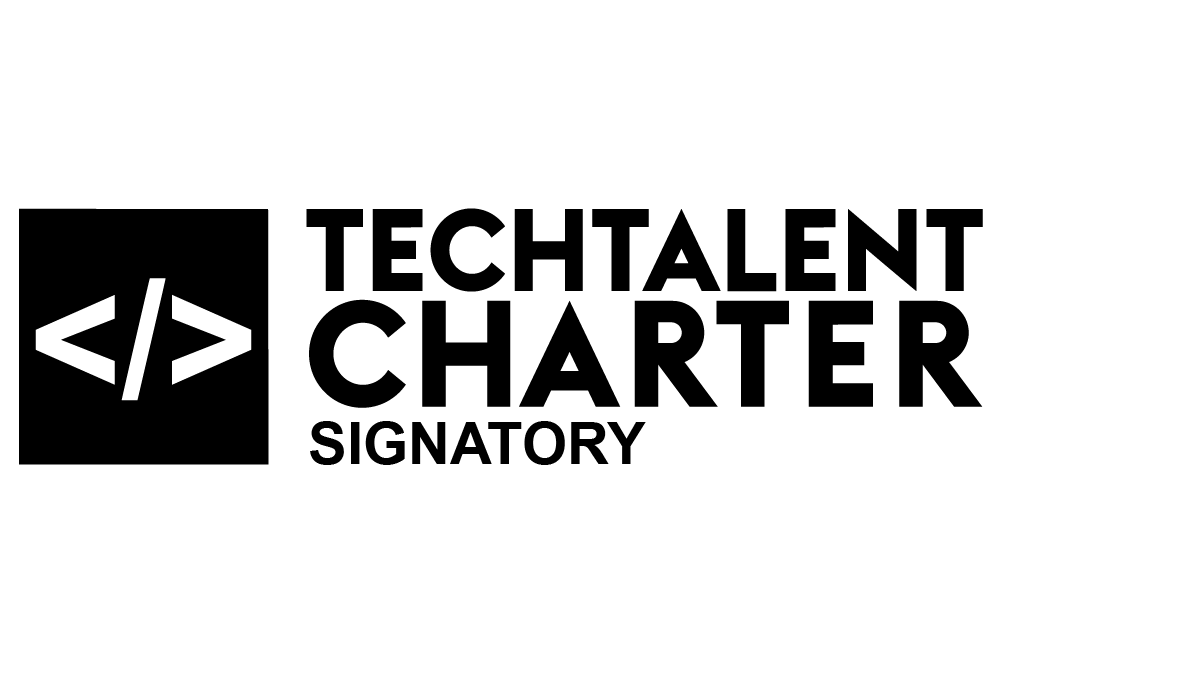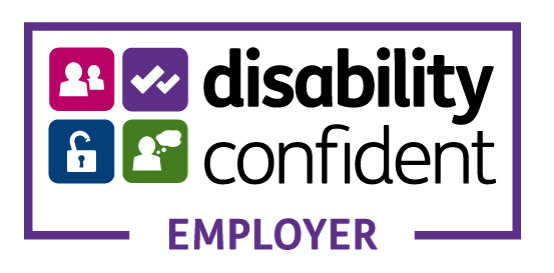Q&A with Apply Recruitment Founder - Rob Riley
May 21st, 2019

Our founder Rob Riley has over 19 years’ experience supporting both clients and candidates in their technology careers. We’re asking Rob to share his insight into the technology recruitment market, building successful teams and the opportunities for individuals within this ever-changing space.
1. What role do you play in supporting people in their careers?
In your career you need to do the role you came to do and deliver on it effectively, however that doesn’t mean you can’t start adding the attributes required to do the next role if you apply thought and focus in your actions.
At Apply we strive to understand what drives people to do what they do and how this aligns with their long term career aims. Sometimes people take a role because it offers flexible working, increased holidays or a great financial package, but does it enable progression towards their ultimate aspirations? We question what the role adds to their experience. Does this role make a subsequent move possible? By asking second and third tier questions we get under the skin of people’s why. Our process helps people make the right choice and develop trust in our relationship with them.
We continue to engage with candidates post starting their role, and provide a sounding board for them. Are they adding the right soft skills as well as technical attributes? How are they viewed within the business? Internal networks are just as important as external. We’re happy to offer support for those people we’ve built relationships with, enabling them to continue to make the right choices for their career. It’s not a surprise many of our candidate relationships evolve into valued client relationships over time.
2. What is top of the agenda for many technology teams in 2019/20?
Security will continue to be key due to the way we use technology now and in the future. Alongside this is the opportunity to deliver business change via digital transformation.
However, the challenge experienced by most technology teams is the ability to recruit, develop and then retain top talent. The ability to drive change is derived from the people you have in the organisation, and it’s through embedded culture and behaviours that talent can be retained. Technology teams often look at technology skills first and behavioural skills second, however to drive effective business change behavioural skills should be given more importance.
Looking a little more into the future the ongoing demand for cloud skills and fog computing will continue, as will the appetite for AI skills as we start to understand this space more.
3. What skills should be in a technology candidate’s toolkit?
The often neglected soft skills are incredibly important and should be viewed as a developmental opportunity. Organisations expect both business and technology functions to work together to help drive the organisational objectives, therefore technology candidates can no longer just focus on technical delivery. They need to display strong communication skills; be able to understand what the business wants, come up with working solutions and then explain the benefits in a language that non-technologists can understand. As a technologist, any opportunities you get to engage with business stakeholders will improve your understanding of the business and ultimately help you to enhance your own skills.
4. What are technology clients looking for in new recruits?
Diversity, innovation and great engagement skills. Organisations, and particularly IT teams, can no longer stand still. Others around them are continuing to innovate, and consumers are increasingly navigating to new tools and processes, all of which set high consumer expectations. With a declining consumer loyalty it’s vital that organisations drive innovation, and it’s through diversity that teams will succeed. As mentioned above, great communication is a necessity. Enabling diverse thought processes is useless without the ability to successfully communicate ideas and engage with others.
5. What makes a great technology leader?
I think it’s the same as what makes a great leader in any field. In my opinion it’s the ability to empower, to release control and allow your people to perform, whilst picking the right times to guide and support them not just in their careers but in their tactical and strategic decision making.
6. What will our technology teams of the future look like?
Hopefully they will be very diverse in their makeup and ideas. Teams will become more geographically spread as flexibility becomes fundamental to lifestyle. The rise of the gig economy may pose a decline in organisational loyalty, with people looking for continuous opportunity, therefore the attraction of talent and employee retention will be challenging. Organisations need to create clear retention strategies if they want to continue to build strong, loyal technology teams.
7. What advice would you give to someone building a new technology career?
Think about it – don’t just take a role because it’s an opportunity. Try and understand what it is you want to do and what motivates you to do it. Think about the future of technology and if there is opportunity to continue to advance and develop. Once you have done the serious piece of thinking then it’s important to have fun simply learning – you spend a lot of time working so the more you can enjoy it the more days you add to your week.
Rob prides himself in developing strong customer relationships and driving a successful workplace culture within his own team. If you'd like any further information on how Apply Recruitment could support you in a career move or recruitment strategy then get in touch for a chat - Contact Us or Read more about Rob here.


